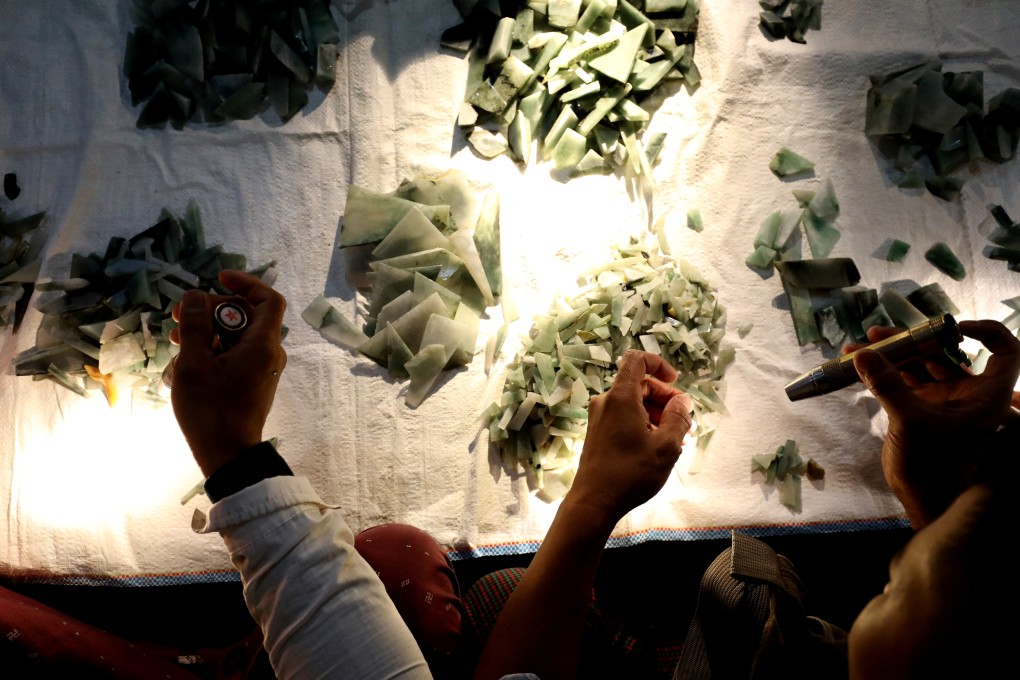China urged to join boycott of Myanmar’s jade industry
- Multi-year investigation by campaign group Global Witness finds up to 90 per cent of the country’s jade is being smuggled out, most of it into China
- Group wants an international boycott of the industry to cut off funding to Min Aung Hlaing’s military government, which seized power in a February coup

The campaign group Global Witness estimates that up to 90 per cent of Myanmar’s jade is being smuggled out of the country, almost all of it into China.
In a report titled “Jade and Conflict: Myanmar’s Vicious Circle”, Global Witness also reveals that corruption within Myanmar’s jade sector has reached the highest ranks of the military, including the family of Commander-in-Chief Min Aung Hlaing.
The report says that the military coup staged by Min Aung Hlaing on February 1 has triggered a new wave of violence in the conflict-ridden sector, demonstrating the danger of armed actors controlling the multibillion-dollar mining industry.
The result of a multi-year investigation, the report calls on the international community to immediately ban the import of all jade and gemstones mined in Myanmar, and cut off financial flows to the military through targeted sanctions on its economic interests, including the jade sector.
It also calls for the military to be removed from power, and for the global community to help establish a new, legitimate government acceptable to the people of Myanmar.